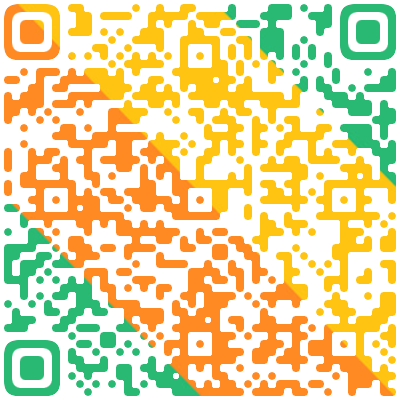Passage One
Questions 21 to 25 are based on the following passage.
No one in my family could believe Allegra had any disability, much less one as severe as hers. To them a disability was physical, something you could see. They knew her as a happy, normal child. That's how it is with a learning disability -you don't see obvious physical symptoms.
But as she grew out of preschool, she would pretend to read-I knew she was pretending because the book was upside down. She withdrew into her own world where she could fantasize about being a ballet dancer, a Broadway actress or a figure skater. In the real world, ballet classes and music lessons led only to confusion, frustration and, ultimately, disappointment.
As for school, there was no way she could be included in a mainstream classroom. I went through every special school in New York, only to be told over and over: "She doesn't belong here." The last blow came a few months after the diagnosis, when I was at a pay phone on 72nd Street, waiting for an answer from the very last school on my list. Finally a cold voice came on-I can still hear it-and said: "I'm sorry, but we feel this isn't the place for her." I hung up and stared at the phone in tears. I had lived my life as the daughter of Henry Ford II, and for the first time in my life I faced a problem that neither money nor position could solve. I nearly gave up, but I knew I couldn't. Without me, my daughter stood no chance of making it.
Questions 21 to 25 are based on the following passage.
No one in my family could believe Allegra had any disability, much less one as severe as hers. To them a disability was physical, something you could see. They knew her as a happy, normal child. That's how it is with a learning disability -you don't see obvious physical symptoms.
But as she grew out of preschool, she would pretend to read-I knew she was pretending because the book was upside down. She withdrew into her own world where she could fantasize about being a ballet dancer, a Broadway actress or a figure skater. In the real world, ballet classes and music lessons led only to confusion, frustration and, ultimately, disappointment.
As for school, there was no way she could be included in a mainstream classroom. I went through every special school in New York, only to be told over and over: "She doesn't belong here." The last blow came a few months after the diagnosis, when I was at a pay phone on 72nd Street, waiting for an answer from the very last school on my list. Finally a cold voice came on-I can still hear it-and said: "I'm sorry, but we feel this isn't the place for her." I hung up and stared at the phone in tears. I had lived my life as the daughter of Henry Ford II, and for the first time in my life I faced a problem that neither money nor position could solve. I nearly gave up, but I knew I couldn't. Without me, my daughter stood no chance of making it.
According to the first paragraph, Allegra's problem was () .
A. psychological
B. obvious
C. physical
D. invisible
查看答案
相关试题
换一换


热门试题



 使用微信扫一扫登录
使用微信扫一扫登录